Nero (Eric Bana) was the villain in J.J. Abrams' Star Trek (2009), but the vengeful Romulan didn't understand that he created and was living in a new alternate reality. J.J. Abrams rebooted the Star Trek movies into a summer blockbuster franchise, and he successfully recast the iconic characters from Star Trek: The Original Series with young actors. Nero, however, was a brand-new villain created for Star Trek (2009). No other antagonist would instigate such a drastic change to Star Trek, even if Nero didn't fully understand the ramifications of his actions.
Nero hails from the 24th century of Star Trek's Prime Timeline. In the 2380s, the Romulan sun went supernova. Ambassador Spock (Leonard Nimoy) pledged to save the Romulan homeworld, but his experiment to use red matter to counter the supernova failed. Aboard his mining starship, the Narada, Nero watched in agony as his planet and people, including his beloved wife, perished. However, Nero's Narada and Spock, aboard his starship, the Jellyfish, were pulled into the supernova's event horizon and both emerged in the 23rd century, albeit 25 years apart. Nero then committed the evil act that sent J.J. Abrams' Star Trek movies in an entirely new direction.
Why Nero Didn’t Know He Created Star Trek 2009’s Alternate Kelvin Timeline
Nero's words and actions indicate he didn't know
When the Narada emerged in 2233 at the start of Star Trek (2009), Nero ordered the destruction of the USS Kelvin, the Starfleet ship that intercepted the unknown time-traveling vessel. Nero destroying the Kelvin, with Lt. George Kirk (Chris Hemsworth), the father of Captain James T. Kirk (Chris Pine), aboard, created a new timeline with new events and altered the destinies of billions of people, including Captain Kirk, Spock (Zachary Quinto), and the crew of the USS Enterprise. But Nero did not seem to understand that he spawned and was living in an alternate reality in Star Trek (2009).
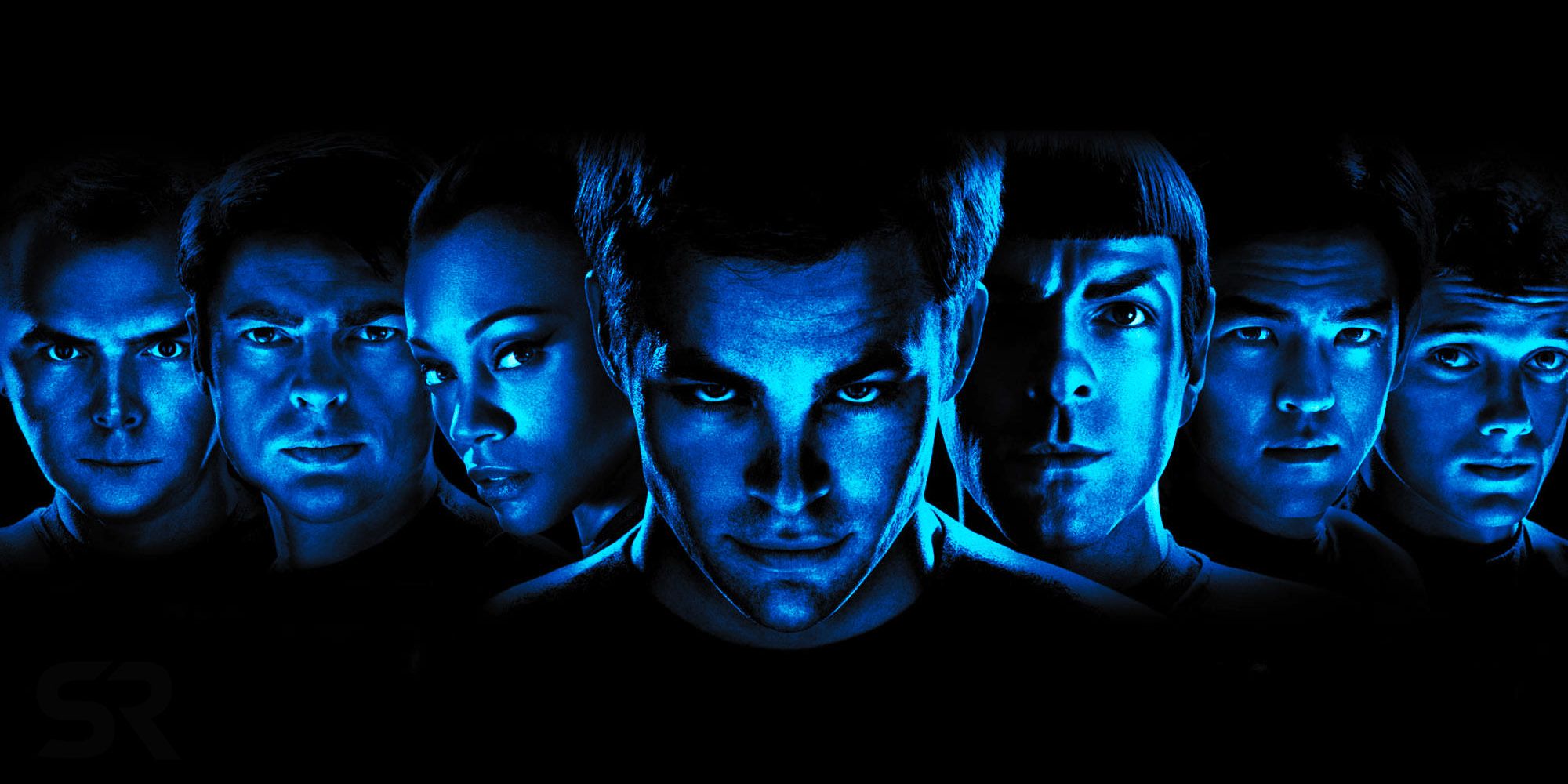
Related
Star Trek 2009 Cast & Character Guide
J.J. Abrams' Star Trek relaunched the movie franchise and reintroduced audiences to Captain Kirk and the crew of the USS Enterprise.
When Nero captured Captain Christopher Pike (Bruce Greenwood), the Romulan explained he planned to destroy every member world of the United Federation of Planets. In Nero's mind, if there is no Federation, then Romulus will never be destroyed in the 24th century. From the way Nero threatened Pike, the Romulan believed his plan would save his homeworld in the 24th century, but the Romulus he knew no longer existed. On the Starship Enterprise, Spock deduced that Nero destroying the USS Kelvin in 2233 created a new, alternate reality where events can't be predicted by either party. But by his actions, Nero believed he was still in the Prime Timeline and fighting to preserve the Romulus he remembered while punishing Ambassador Spock and the Federation.
What Differences Did Nero Create Between Star Trek's Prime & Kelvin Timelines
The Kelvin timeline became a whole different reality
The changes Nero caused because of his destruction of the USS Kelvin are incalculable, but every character in Star Trek (2009) was affected. James T. Kirk grew up without a father, which delayed his enlistment into Starfleet. However, once aboard the Enterprise, Kirk rocketed to the Captain's chair during the campaign to stop Nero. Spock suffered through the destruction of his homeworld of Vulcan and the death of his mother, Amanda Grayson (Winona Ryder) - all caused by Nero's revenge. Countless changes, from Spock dating Lt. Nyota Uhura (Zoe Saldana) to Ambassador Spock giving Scotty (Simon Pegg) his own future invention of transwarp beaming stemmed from Nero.
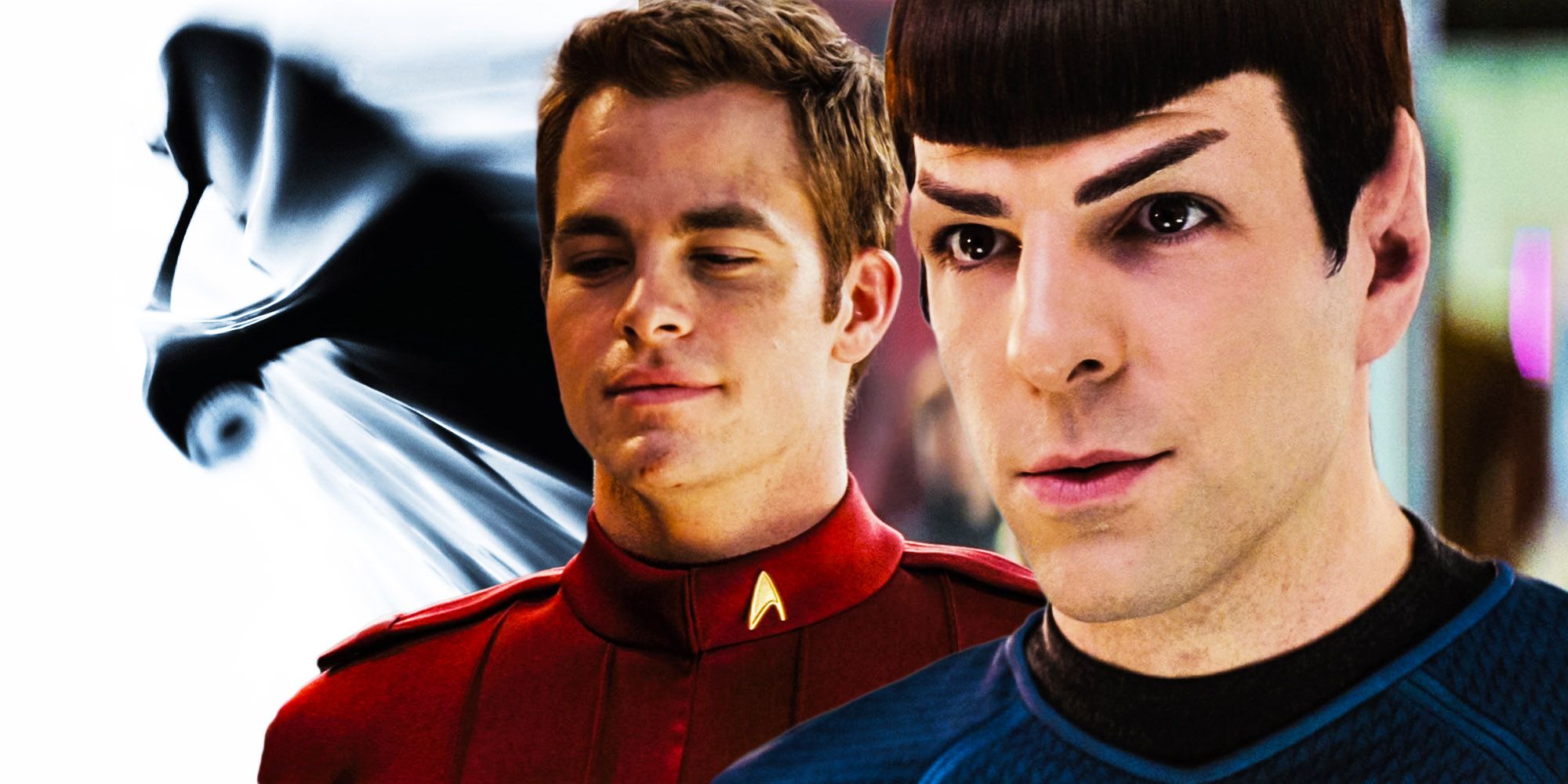
Related
Star Trek 2009 Ending & Movies Future Explained
J.J. Abrams' Star Trek 2009 saw the young Kirk and Spock join forces to save Earth. A deep dive into how Star Trek 2009 ended and what it all means.
J.J. Abrams' Kelvin Timeline allowed the director and his creative team to unshackle his Star Trek movies from the established continuity and do whatever they wished. Nero was the catalyst for the Kelvin Timeline, which would exist parallel to Star Trek's Prime universe but not adversely affect it, with a few exceptions like the fate of Ambassador Spock. However, there is irony in how Nero's villainy spawned a brand new alternate reality but the Romulan himself was not aware of it. Ultimately, Nero's path of destruction was folly. Even if Nero had succeeded in destroying the Federation, the Romulus he knew was gone, and since he was 120 years in the past, Nero could never reunite with his beloved wife or see the people he knew again.
What Happened To Ambassador Spock In J.J. Abrams' Star Trek Movies
Spock never returned to the Prime timeline
Ambassador Spock is one of the tragic casualties of Nero's villainy in Star Trek 2009. Spock time traveled to the alternate Kelvin Timeline 25 years after Nero, in 2258. The Vulcan found his Romulan nemesis waiting for him. After Nero captured Spock, he stranded the elderly Vulcan on Delta Vega, an ice planet close enough to Vulcan so that Spock could witness Nero destroying his homeworld. However, after meeting a marooned James T. Kirk, Spock helped the Kelvin timeline version of his best friend return to the Starship Enterprise so he could defeat Nero. Spock chose to help relocate Vulcan's survivors and repopulate his nearly extinct species.
Ambassador Spock died of natural causes in Star Trek Beyond.
The aged Spock never returned to his proper home in Star Trek's Prime timeline. After helping Commander Spock defeat Khan Noonien Singh (Benedict Cumberbatch) in Star Trek Into Darkness,Ambassador Spock died of natural causes in Star Trek Beyond. Ambassador Spock was 161 years old when he died in the Kelvin timeline. The Federation of Star Trek's Prime timeline didn't know what happened to Ambassador Spock when he vanished in 2387, and it was assumed he perished in the Romulan supernova. Star Trek: Discovery season 3 implied that after the Temporal Wars and learning of the Kelvin Timeline, the Federation of the Prime Universe learned of Ambassador Spock's true fate.
Nero Is One Of Star Trek’s Most Important Villains
The impact Nero made can't be denied
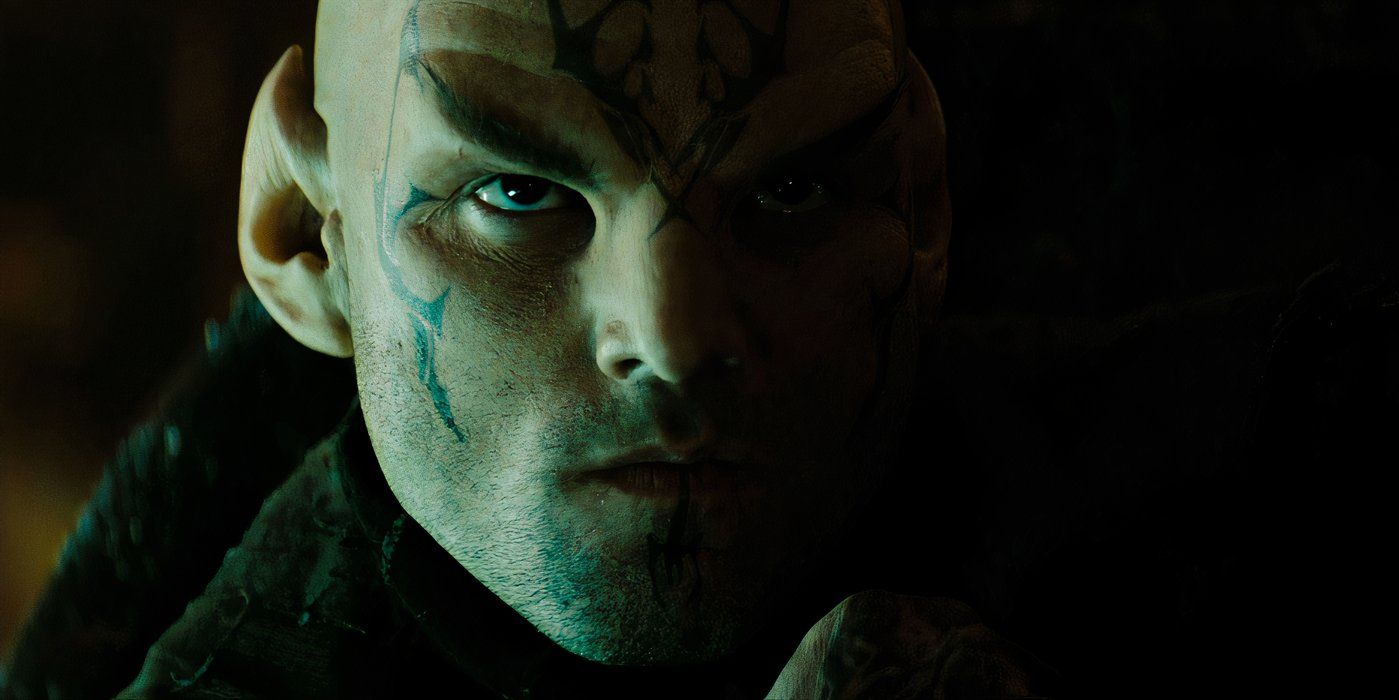
Because his lust for vengeance and hatred of the Federation inadvertently created an entirely new alternate reality, Nero emerges as one of the most impactful Star Trek villains. The gold standard of Star Trek movie villains is Khan (Ricardo Montalban) in Star Trek II: The Wrath of Khan, but the genetically engineered madman's own quest for revenge didn't have the lasting consequences of Nero destroying the USS Kelvin. Nero destroyed entire planets; not just Vulcan, but the Romulan also wiped out a Klingon armada and one of their prison worlds. Because of Nero, Star Trek spawned a new universe full of new possibilities.
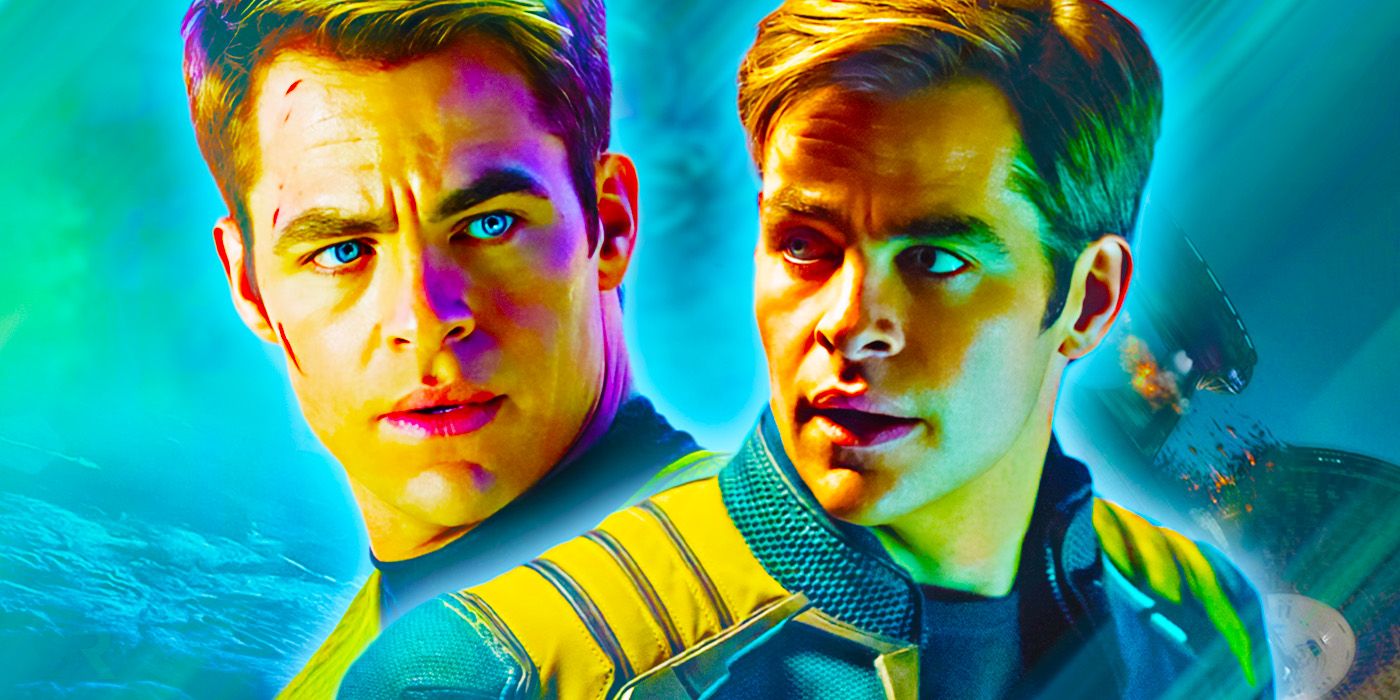
Related
Chris Pine’s Star Trek Movies Ranked Worst To Best
Chris Pine stars as the iconic Captain James T. Kirk in J.J. Abrams' Star Trek movie trilogy set in the alternate Kelvin Timeline.
However, Nero was an isolationist who spent 25 years traveling the 23rd century aboard the Narada without fully comprehending he was not in the past he knew, and his actions rippled forward changing the future in vast ways the Romulan could not foresee. And if Nero did realize that he was living in a new timeline of his own creation, the Romulan was so crazed with his desire for vengeance that he didn't care. Star Trek (2009) moves so fast and furiously that details like what Nero knew aren't fully clear, but given his words and actions, it's apparent that the Romulan villain did not grasp the full scope of what he had done to Star Trek's universe.
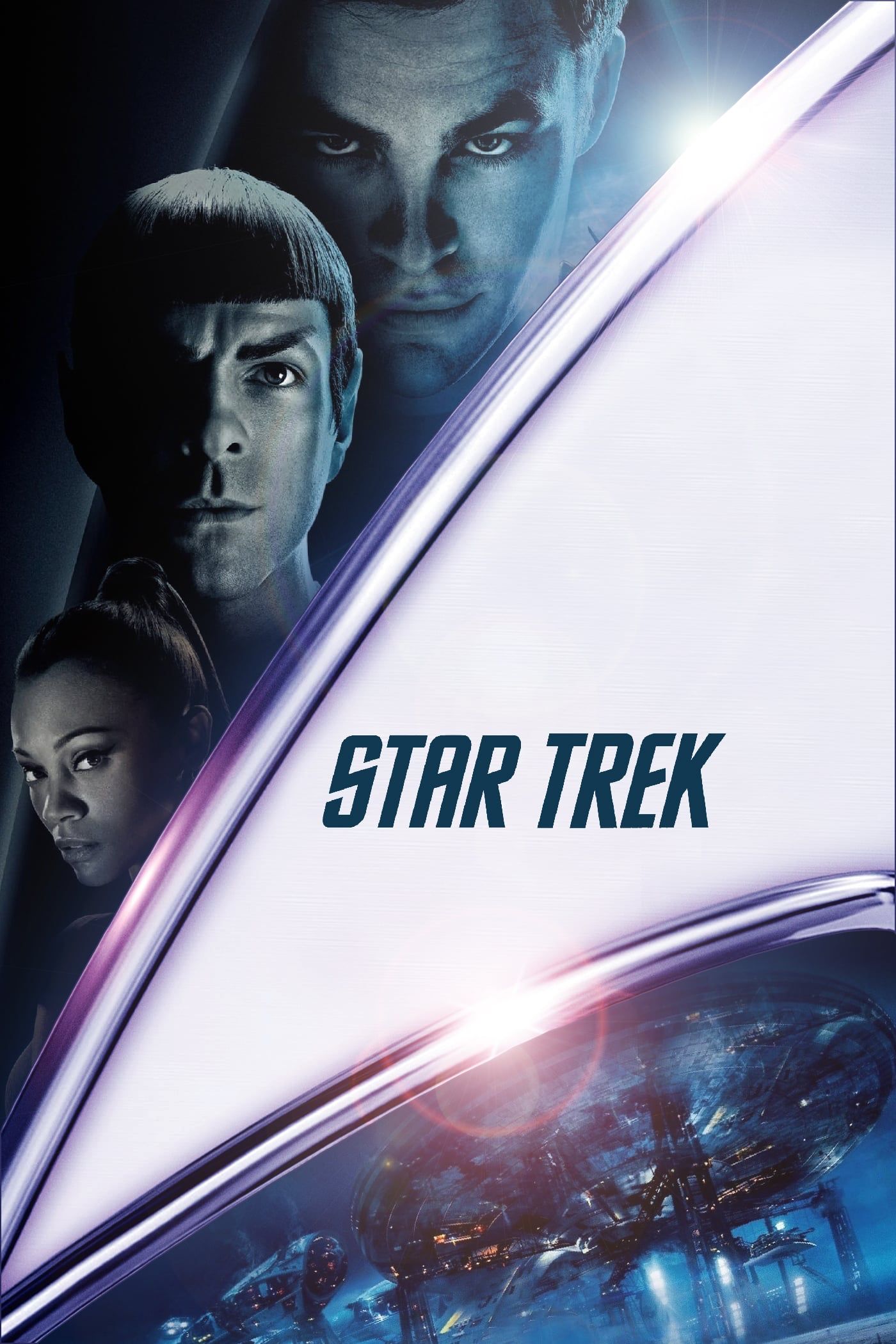
Release Date May 8, 2009
Studio(s) Paramount Pictures
Distributor(s) Paramount Pictures
Writers Roberto Orci , Alex Kurtzman , Gene Roddenberry
Runtime 127 Minutes
Budget $150 million
Main Genre Sci-Fi



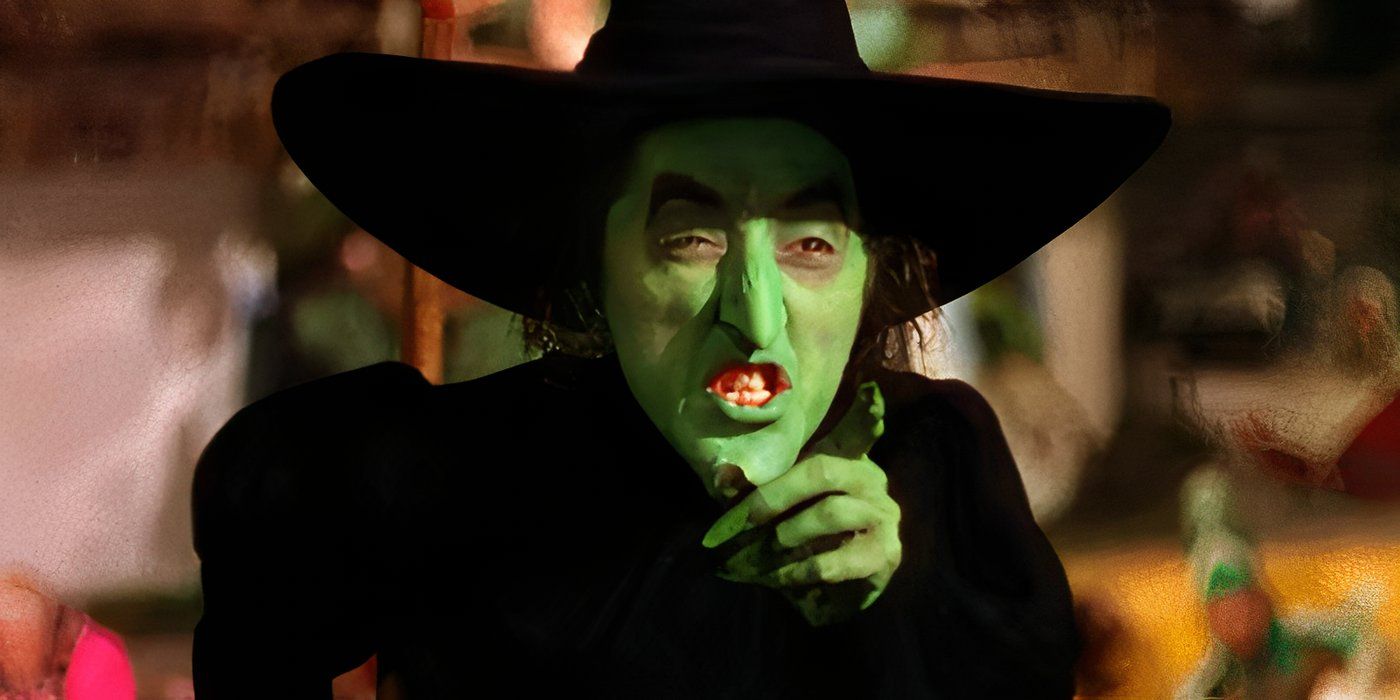





 English (US) ·
English (US) ·